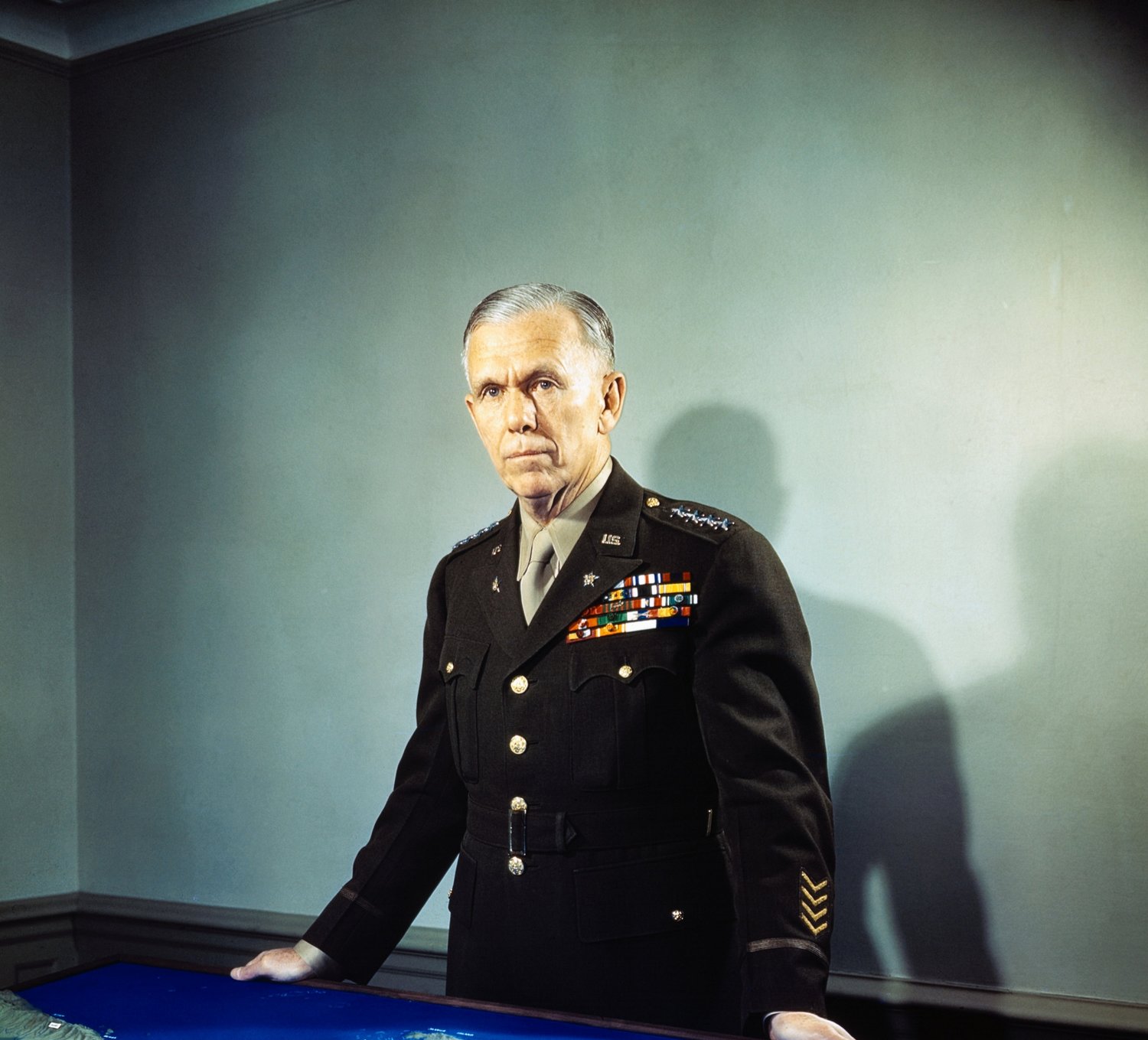Why was George Catlett Marshall Awarded the Nobel Prize for Peace in 1953?
Recognizing Marshall's Contributions to Global Peace and Reconstruction
George Catlett Marshall Awarded the Nobel Prize for Peace in 1953: A Tribute to Diplomacy and Reconstruction
The Nobel Prize for Peace in 1953 was bestowed upon General George Catlett Marshall, an American military leader and statesman. His exceptional contributions to diplomacy, international cooperation, and post-World War II reconstruction were recognized as instrumental in fostering global stability and harmony.
Marshall’s most significant achievement was the Marshall Plan, officially known as the European Recovery Program, which he introduced as the U.S. Secretary of State. This initiative, launched in 1947, aimed to provide financial and economic assistance to war-ravaged European countries, helping them rebuild their economies and societies after the devastating effects of World War II.
financial and economic assistance to war-ravaged European countries, helping them rebuild their economies and societies after the devastating effects of World War II.
The primary objective of the Marshall Plan was to prevent the spread of communism in Europe by addressing the economic and social conditions that could lead to political instability. By offering substantial financial aid, Marshall intended to promote economic recovery, increase trade, and strengthen democratic institutions across the continent.
The plan was met with enthusiastic support from European countries, as well as other nations interested in regional stability. In total, over $13 billion (equivalent to over $140 billion today) was provided to assist in Europe’s reconstruction. This initiative not only helped rebuild physical infrastructure but also fostered a sense of collaboration and unity among nations.
Marshall’s strategic vision and commitment to international cooperation aligned with the Nobel Peace Prize’s core values. The award recognized his efforts in preventing further conflicts and promoting peace through economic revitalization. By focusing on rebuilding economies and encouraging collaboration, Marshall’s approach significantly contributed to the stabilization of post-war Europe.
The Nobel Prize for Peace awarded to George Catlett Marshall in 1953 not only acknowledged his remarkable leadership but also emphasized the vital role that diplomacy, economic aid, and international cooperation play in maintaining peace and preventing conflicts. His legacy continues to inspire efforts to address global challenges through diplomacy, understanding, and mutual support.




